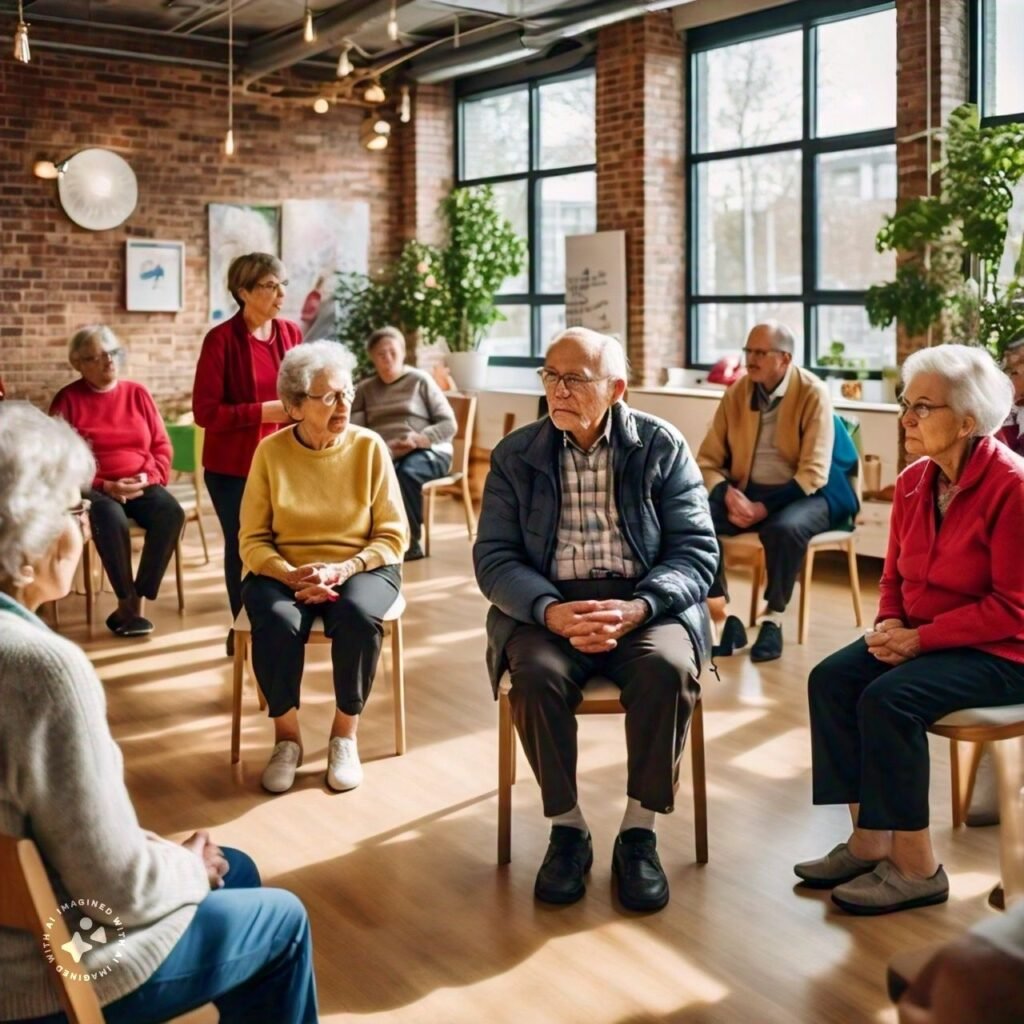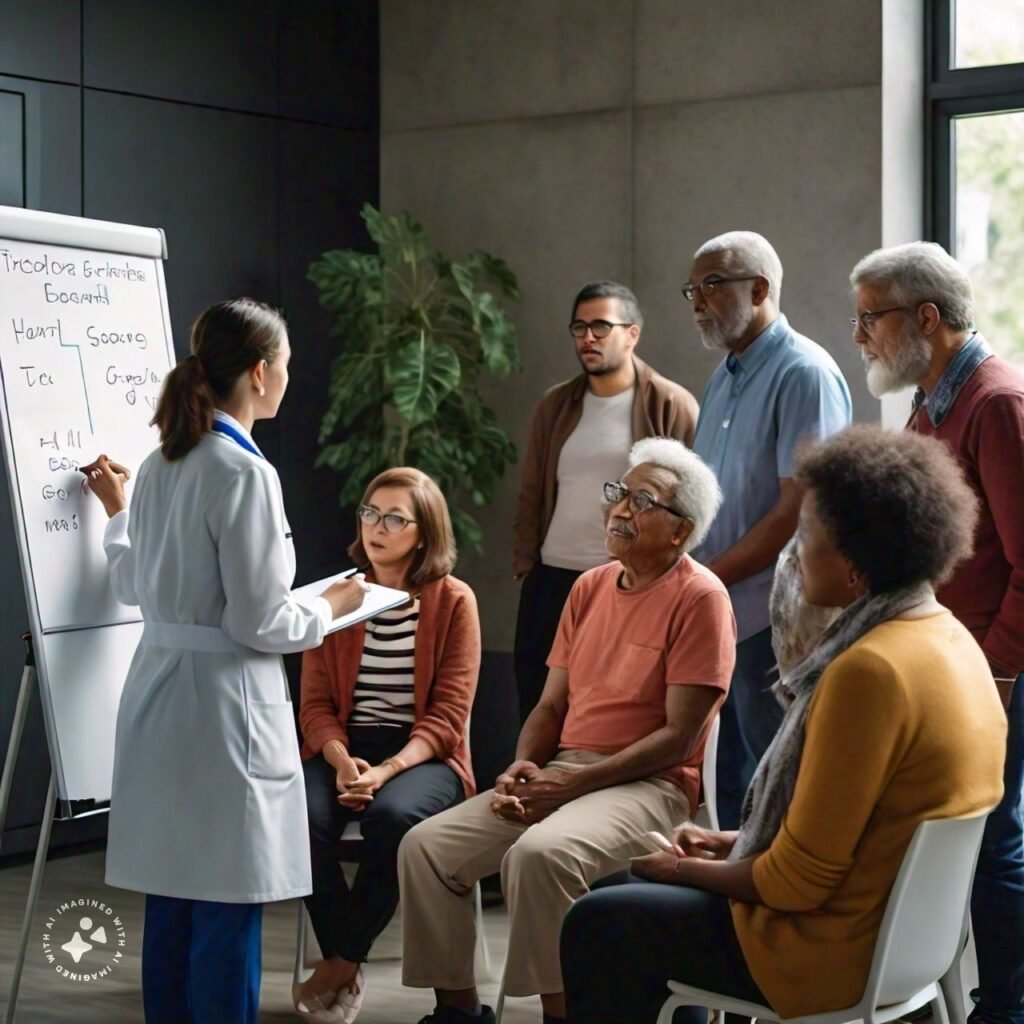An overview about ageing
According to the World Health Organization (WHO), people are living longer all over the world. Most people are expected to live into their sixties or beyond. In every country the proportion of both growth in size and and the older ones are increased similarly.

In a survey, by the end of 2030 most of the people will be aged around sixty or more and the world population of people with sixty years may be 1.4 billion that is 1 billion in 2020. And it is expected that this population will double by the end of 2050.
The total population is maturing. Essentially every country on the planet is encountering development in the number and extent of more established people in their population.
Population maturing is ready to become one of the main social changes of the twenty-first hundred years, with suggestions for virtually all areas of society, including work and monetary business sectors, the interest for labour and products, like lodging, transportation and social security, as well as family structures and intergenerational ties.
More seasoned people are progressively viewed as supporters of advancement, whose capacities to represent the improvement of themselves and their social orders ought to be woven into arrangements and projects at all levels. In the next few decades, numerous nations are probably going to confront financial and political tensions corresponding to public frameworks of medical care, benefits and social securities for a becoming older population.
Health and ageing are closely linked, and ageing is a natural process that affects everyone. Here’s an overview:
Ageing:
- A complex, multifaceted process that affects physical, mental, and social aspects of life
- Influenced by genetics, lifestyle, and environmental factors
- Characterized by physical changes (e.g., wrinkles, graying hair), cognitive changes (e.g., memory loss), and social changes (e.g., retirement, social isolation)
Health and Aging:
- Ageing increases the risk of chronic diseases (e.g., heart disease, diabetes, cancer)
- Healthy lifestyle choices (e.g., exercise, balanced diet, social engagement) can promote healthy ageing
- Preventive healthcare (e.g., screenings, vaccinations) is essential for ageing populations
- Age-friendly communities and social support networks are crucial for healthy ageing
Key Factors:
- Lifestyle choices (exercise, diet, stress management)
- Social connections and community engagement
- Access to healthcare and preventive services
- Genetics and epigenetics
- Environmental factors (e.g., pollution, UV radiation)
Healthy Ageing:
- Maintaining physical function and mobility
- Preserving cognitive function and mental health
- Building and maintaining social connections
- Managing chronic conditions and preventing new ones
- Maintaining a sense of purpose and fulfilment
Remember, ageing is a natural process, and healthy ageing is achievable with the right lifestyle choices, social support, and access to healthcare.
What is Ageing?
Ageing is a biological factor, in ageing the impact of molecular and cellular processes are decreased over time and the damage of these cells occurs. The physical appearance of ageing shows on an individual is greying hairs. Ageing also declines the daily life functions of an individual and a major factor of increasing many types of chronic diseases.

Aging, also known as ageing, is the process of becoming older and experiencing physical, mental, and social changes over time. It is a natural part of life, and it affects everyone differently.
Some common physical changes associated with ageing include:
- Wrinkles and age spots
- Greying hair
- Decreased muscle mass and strength
- Decreased bone density
- Changes in body composition
- Decreased physical flexibility and mobility
Mental and emotional changes associated with ageing include:
- Changes in emotional regulation
- Decreased sense of purpose and meaning
- Increased risk of depression and anxiety
Social changes associated with ageing include:
- Retirement and changes in work status
- Decreased social connections and isolation
- Decreased sense of community and belonging
It’s important to note that ageing is a natural process, and many of these changes can be managed or even prevented with healthy lifestyle choices, social support, and access to healthcare.
Here are some tips for healthy ageing:
– Eat a balanced diet
– Exercise regularly
– Get enough sleep
– Stay socially engaged
– Manage stress
– Stay mentally active
– Get regular check-ups
Factors Affected Ageing
Here is the list of that factors that affecting the ageing process in an individual:
- Genetics: Our genetic makeup can influence how we age and how well we maintain our physical and mental health as we age.
- Lifestyle choices: Our daily habits, such as diet, exercise, smoking, and alcohol consumption, can impact how we age.
- Environmental impact: The exposure of UV radiations, other pollutants and many environmental factors may lead to ageing.
- Hormonal changes: Changes in hormone levels, such as menopause or andropause, can affect ageing.
- Sleep quality: Poor sleep quality and duration can impact ageing.
- Social connections: Strong social connections and a sense of community can support healthy ageing.
- Factors related to mental health: The condition in which an individual faces anxiety and depression are known as mental health issues and these are also the major factors of ageing.
- Nutrient deficiencies: Deficiencies in essential nutrients like vitamin D, B12, and omega-3 fatty acids can affect ageing.
- Epigenetics: Our lifestyle and environmental factors can influence gene expression and ageing.
- Telomere shortening: Telomeres are protective caps on chromosomes that shorten with each cell division, leading to cellular aging.
- Glycation: Sugar molecules can bind to proteins or lipids, leading to oxidative stress and ageing.
- Inflammaging: Chronic inflammation can contribute to ageing and age-related diseases.
- Hormonal imbalances: Imbalances in hormones like cortisol, insulin, and thyroid hormones can impact ageing.
Correlation between ageing and health:
There is a strong correlation between ageing and health. As we age, our risk of developing various health problems increases.
Here are the list of some common health issues that are related to ageing:
- Chronic diseases: Heart disease, stroke, cancer, diabetes, and hypertension.
- Cognitive and health decline issues: The conditions like dementia, memory loss and diseases like Parkinson’s and Alzheimer’s..
- Osteoporosis: Weak bones and osteoporosis-related fractures.
- Arthritis: Joint pain and inflammation.
- Sensory decline: Hearing and vision loss.
- Immune system weakening: Increased susceptibility to infections.
- Mental health concerns: Depression, anxiety, and isolation.
- Sleep disturbances: Insomnia and sleep apnea.
- Nutritional deficiencies: Malnutrition and dehydration.
- Functional decline: Decreased mobility, flexibility, and balance.
However, it’s important to note that ageing does not necessarily mean a decline in health. Many people remain healthy and active well into old age, and research has shown that lifestyle factors such as:
- Regular exercise
- Balanced diet
- Social engagement
- Stress management
- Cognitive stimulation
- Preventive healthcare
can help promote healthy ageing and reduce the risk of age-related health problems.